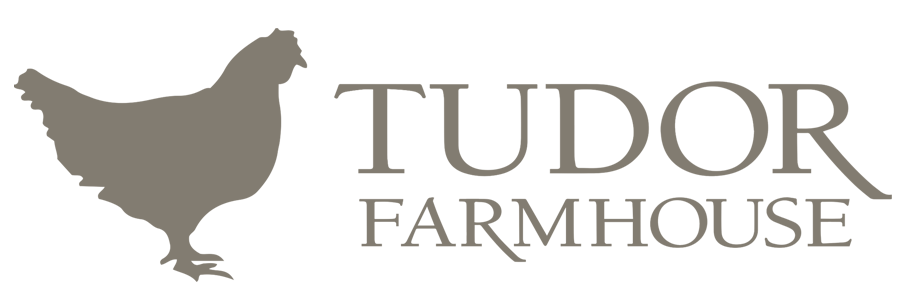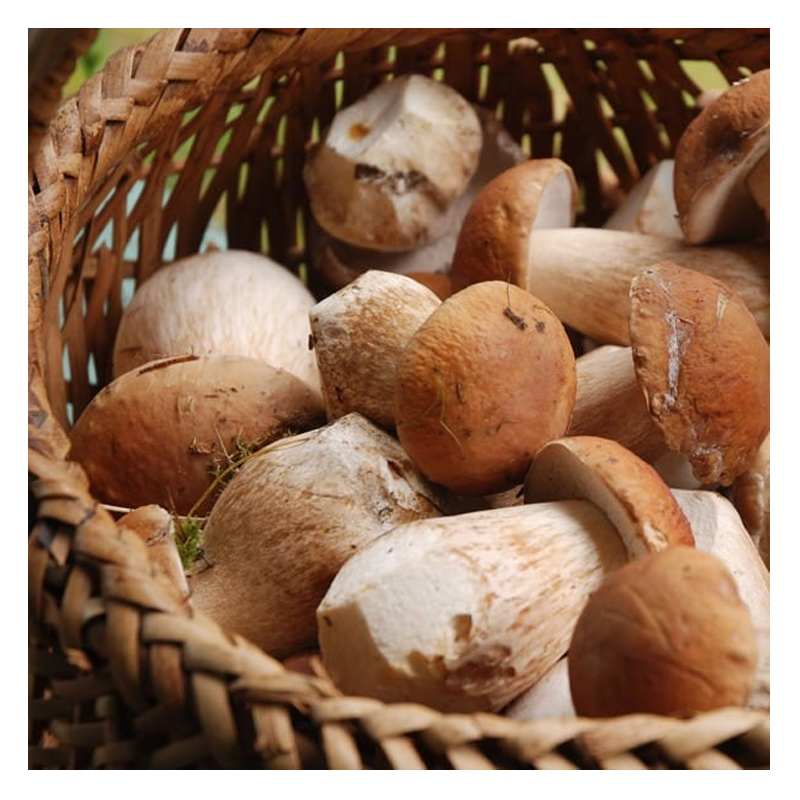Foraging for your own food is both immensely satisfying and a great way to enjoy the outdoors. The Forest of Dean has been popular with amatuer and professional foragers for decades. The Wild Boar of the Forest are famous for turning up the soil which helps to spread the seeds and the damp wooded forest floor is the perfect habitat for a multitude of wild mushroom species. Whether it’s a bowl full of fresh berries for a crumble or tart you want, some wild garlic for your salad, brewing your own nettle tea or making your own pesto from wild garlic, foraging in the Forest of Dean will not disappoint. Gathering your own dinner also provides a unique sense of accomplishment second only to growing your own. Whether you’re a foodie or a nature lover, foraging is something you can do all year round. In this blog we’re going to give you a quick overview of what you need to know before you start foraging in and around the Forest of Dean.
What do I need to know before I go?
Before you go out and start filling your basket with wild goodies, always check whether the areas you are foraging on are common land or privately owned. If it’s privately owned, make sure you have the owner’s permission to enter the land and to take anything away. If you’re on common ground follow the Woodland Trust’s Foraging Guidelines . Foraging is a great way to fill your dinner plate as long as it’s done responsibly. The ecosystems in and around the Forest of Dean are delicate and it’s our responsibility to make sure we protect the environment. This way generations to come will also be able to forage in the forests and countryside.
What can I forage for in the Forest of Dean?
Depending on what time of year you’re visiting us, you can forage for berries, mushrooms, and leaves. Before you go out make sure you know what you’re looking for and do some research around what grows locally. Certain fungi, berries and foliage can only be found at certain times of the year so always check before you go.
The Forest of Dean is a fantastic spot for mushroom-picking as it is damp and wooded. Wild fennel, garlic and onion grow in abundance and you will also be able to find edible flowers, wild strawberries and Blackberries in the late summer, early autumn. In 2016 we were visited by Countryfile and their foraging expert – if you’d like to know the results of their foraging trip you can read their blog here Foraging in the Forest of Dean | Countryfile.com
Foraging Safely
With so many species of plants in the UK it’s easy to mistake one for another. Many plants and mushrooms have a poisonous lookalike and if eaten can cause you to be seriously ill and in some instances can be fatal. The side effects of eating the wrong thing can range from a mild tummy ache to a trip to A&E. Do not eat anything unless 100% sure of its identification. Pick no more than half of what you find to minimise damage to the nearby habitat. An organised tour is the safest way to forage in the UK and also prevents over foraging which can be harmful to the environment.
Go with an organised tour or someone who is local to the area. Your foraging trip is more likely to be successful if you go out with someone who knows the area well and can take you to the right locations. An experienced guide will also be able to give you an overview of foraging laws and safety best practice, explain sustainable and mindful practice, give you an introduction to a number of edible species and show you how to tell edible species apart from poisonous look-alikes.
Organised foraging tours in the Forest of Dean
Our foraging trips are very popular. Spring forages will be more about the hedgerow, summer will be fruits and flowers and the autumn will have a more mushroom focus. We work with three organisations to bring you the best foraging experience. Our foraging guides will take you for a two and a half hour walk from the hotel to find the edible goodies available locally and then you will return to the hotel for lunch.
If you go out with Ed Drewitt, you’ll also have an opportunity to learn more about the birds and wildlife you see along the way.
Liz Knight from Forage Fine Foods runs a number of courses from the hotel and has spent the last 10 years gathering and playing with wild food. Liz will show you how the commonest of weeds can be transformed into the most exciting, nutritious and sustainable of foods. You will walk on the hotel grounds to collect foraged goodies. Back at the hotel Liz will show you how to make delicious foraged recipes to take away.
On our autumn forages you will be accompanied by local fungi experts. Meeting in the morning your tour will start with a short talk on foraging and tea or coffee before setting off for a walk from the hotel. You will return to the hotel for a three course lunch.
There is also the option to add an overnight stay to your foraging package, you can take advantage of our “Experience Package” which includes dinner. Our foraging experiences packages are a unique gift for nature lovers and foodies alike.
Find out more here Foraging Trips | Tudor Farmhouse Hotel

